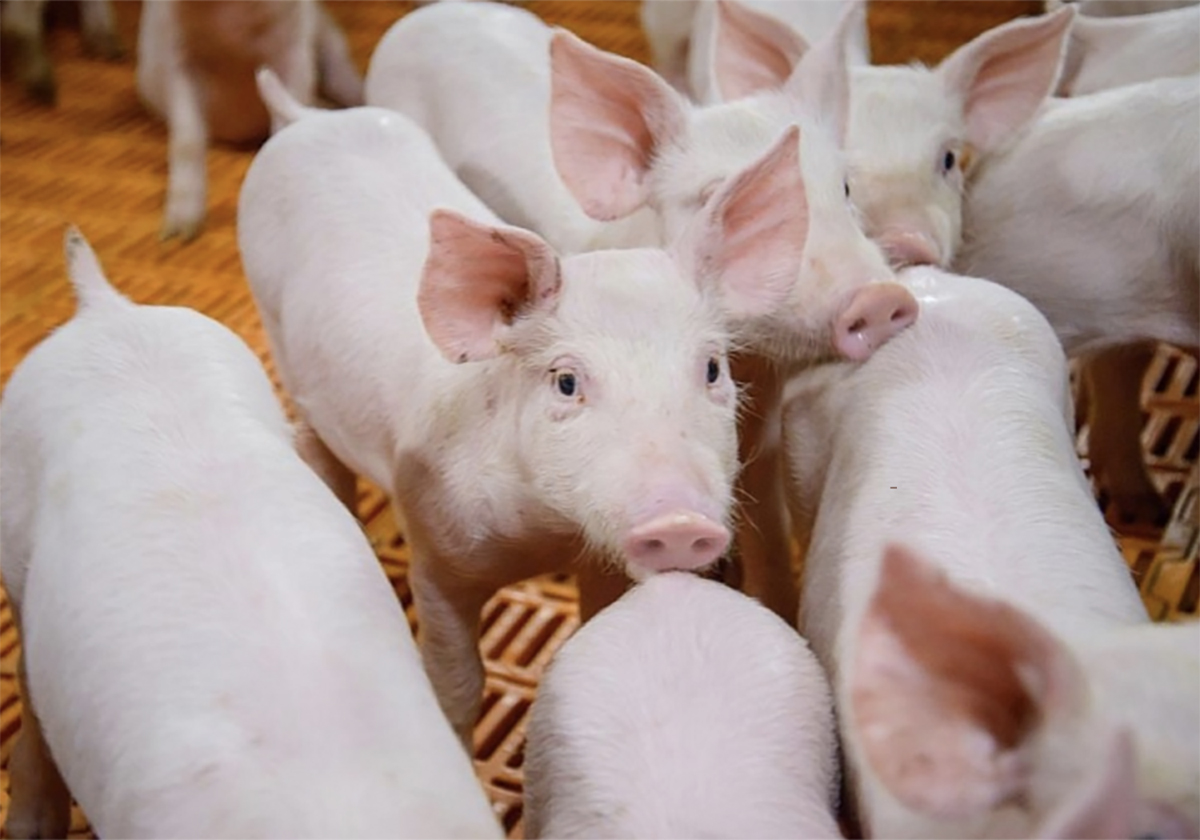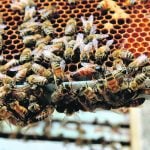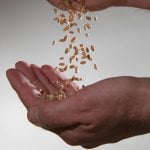Food exporters to the United States have new rules to worry about.
Charles Breen, district director for the U.S.’s Food and Drug Administration in Seattle, told exporters and Canadian government officials meeting in Calgary on March 9 that a set of interim rules have been published for the Food and Drug Act that went into effect last December.
Because it is not a final rule, some changes could still be made.
“We know that trade is important and that will continue,” Breen said.
Read Also

The Western Producer Livestock Report – August 28, 2025
Western Producer Livestock Report for August 28, 2025. See U.S. & Canadian hog prices, Canadian bison & lamb market data and sales insights.
“We will not necessarily slow it down.”
Two major changes have been made to the regulations:
- A minimum of two hours notice is now required before showing up at the border by ground. Products moving by air require a minimum of four hours and those shipping by water need eight hours prior notice. This information can be registered electronically to speed up crossing.
Prior notice includes providing information on what the product is, its origins and when it is arriving. This information acts as a flag in case something should be inspected at the border.
- Under the Bioterrorism Act, all exporters and domestic processing facilities producing human or animal food must now register and acquire a number with the FDA before commerce can begin. This is done for free over the internet and only needs to be done once.
So far 250,000 facilities have been registered and it is expected 450,000 processing facilities will eventually be registered worldwide.
There are exemptions.
For example, a feedlot exporting live animals to the U.S. must be registered. However, someone exporting horses for recreation does not need to register. A person exporting seed potatoes does not require a registration number because they are not intended for food, but table potato exporters must register.
If several groups use the same processing facility, each group is not required to register.
If a company goes out of business or there is a change of ownership, the registration information must be updated.
Detailed information is also required about what is being exported.
Officials want to know the identity of the product, manufacturer, shipper and grower, if known. Country of origin is required and the anticipated port of entry must be entered.
Materials can be turned back if any of this information is missing or inadequate notice was provided.
The FDA also wants to know where a product was processed.
“If there was any tampering it would most likely occur at the last point of processing,” Breen said.
Processing is defined as changing the character of a product. As a result, a container of flour is considered processed if it is bagged elsewhere.
Wheat is a natural product, while flour is processed. A gutted fish is still natural but fillets are processed.

















